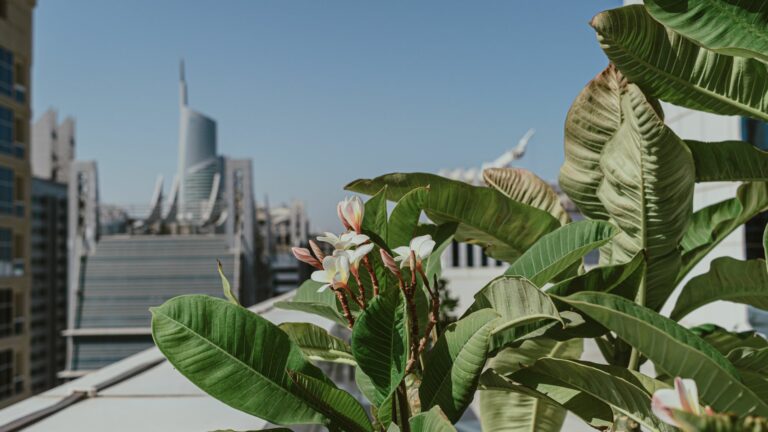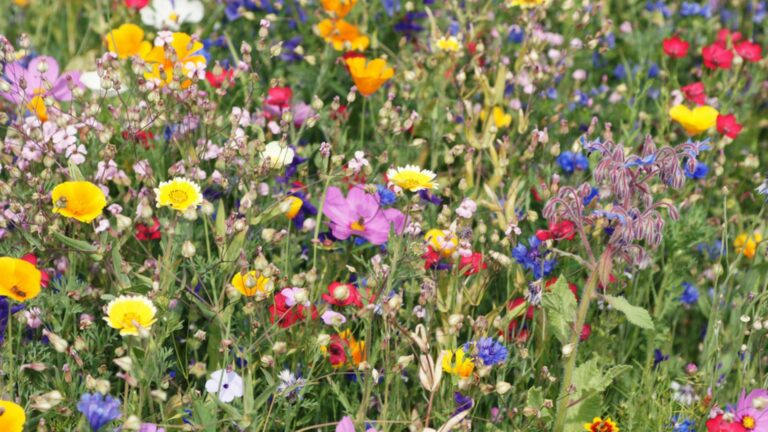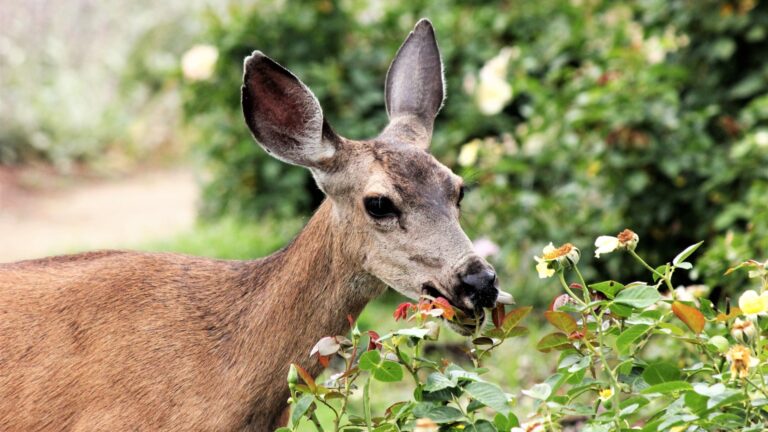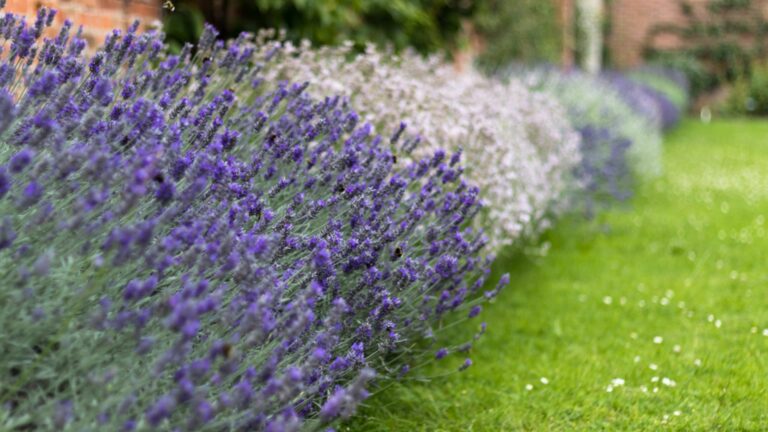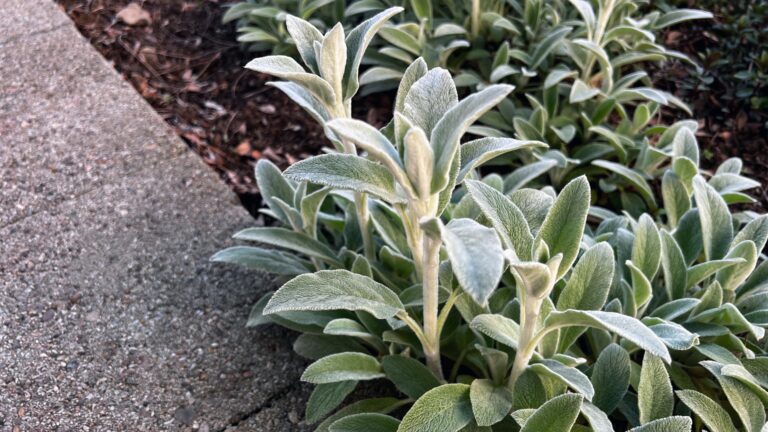The Pros And Cons Of Raking Leaves According To Pennsylvania Gardeners
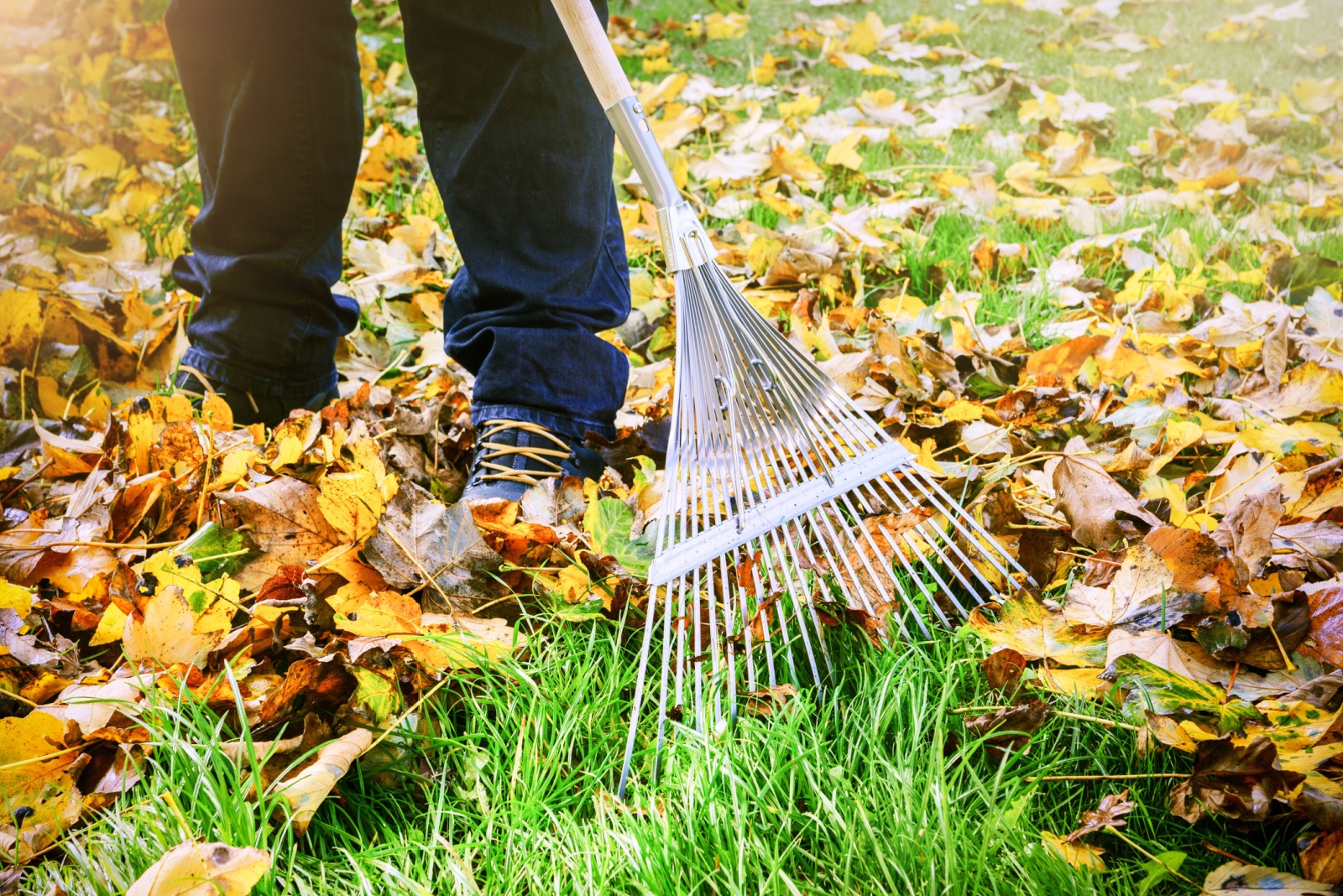
Fall in Pennsylvania brings a spectacular show of colors as trees shed their leaves across yards and gardens. Local gardeners have long debated whether raking those crisp, colorful piles is worth the effort.
Based on conversations with experienced Pennsylvania green thumbs, we’ve gathered their most compelling arguments for and against this autumn ritual.
1. Creates Cleaner Landscapes
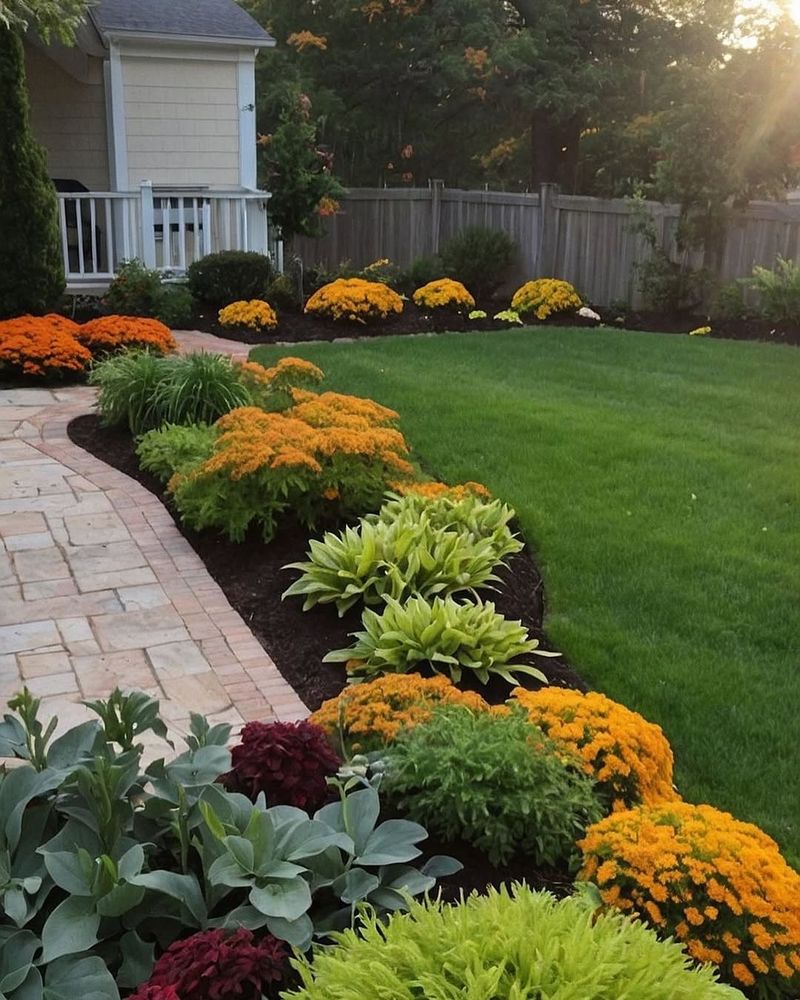
Nothing transforms a yard faster than removing that blanket of fallen leaves. Pennsylvania gardeners take pride in maintaining tidy properties, especially in suburban areas like Chester County where neighborhood standards often run high.
Many find that a freshly raked lawn not only looks more appealing but also prevents grass from being smothered during winter months. The satisfaction of seeing green grass emerge from beneath a leaf layer provides immediate gratification for the effort invested.
2. Prevents Lawn Disease
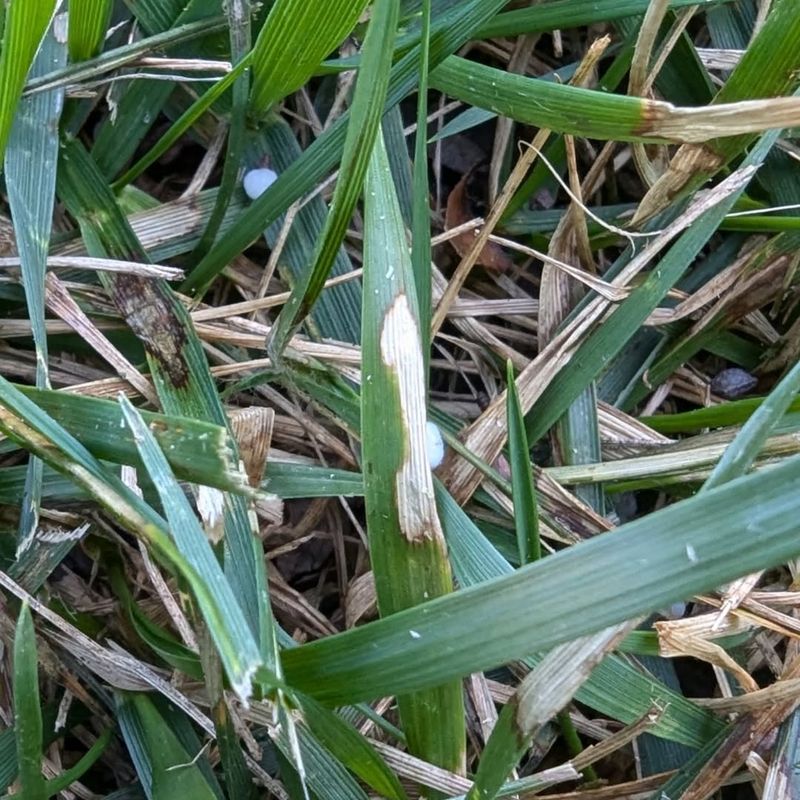
Wet leaves left sitting on grass become the perfect breeding ground for fungal diseases. In Pennsylvania’s humid fall weather, this problem multiplies quickly.
Gardeners in areas like Lancaster County have noticed fewer brown patches and snow mold when they keep lawns clear of leaf debris. Regular raking helps air circulate to the grass roots and soil, creating healthier growing conditions that pay off when spring arrives.
3. Creates Free Mulch
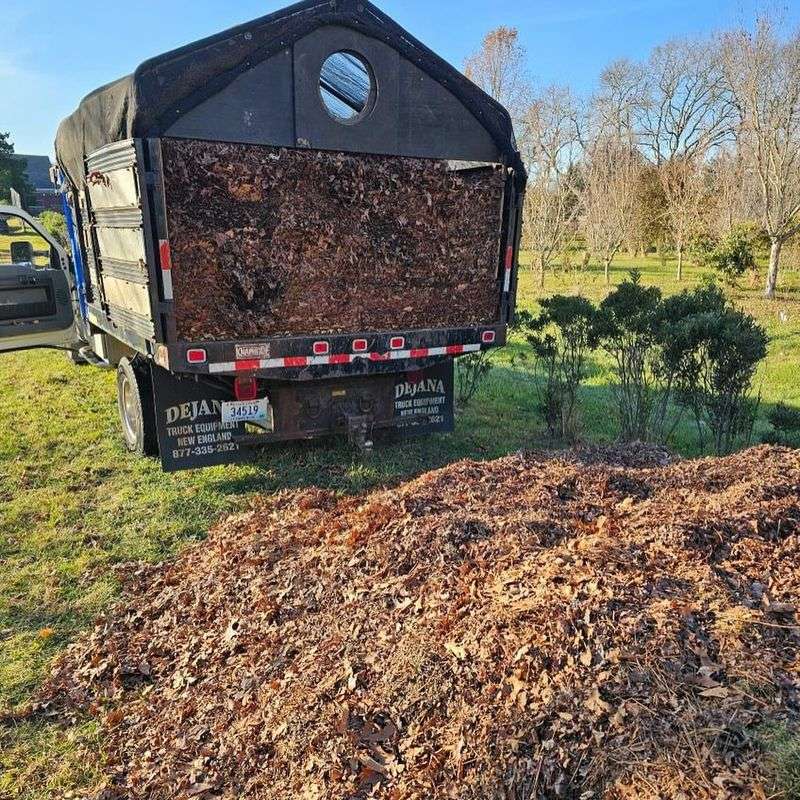
Smart Pennsylvania gardeners never waste those fallen treasures. By running a mower over collected leaves, they transform autumn debris into nutrient-rich mulch for garden beds.
Gardeners from the Philadelphia suburbs report saving hundreds of dollars each year by creating their own leaf mulch instead of buying bags from garden centers. The shredded leaves break down gradually, feeding plants while suppressing weeds – a double win for resource-conscious growers.
4. Builds Fantastic Compost
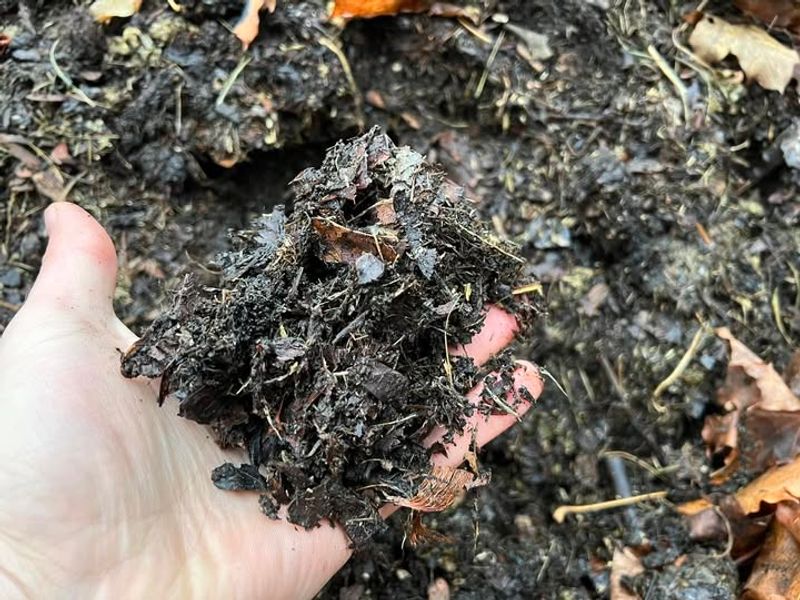
Fall leaves are compost gold according to experienced Pennsylvania gardeners. The carbon-rich leaves balance kitchen scraps perfectly in compost bins across the state.
Gardeners in rural areas like Berks County store bags of leaves specifically to add to compost throughout the year. The resulting dark, crumbly compost becomes black gold for vegetable gardens and flower beds, improving soil structure while providing slow-release nutrients that chemical fertilizers simply can’t match.
5. Provides Good Exercise
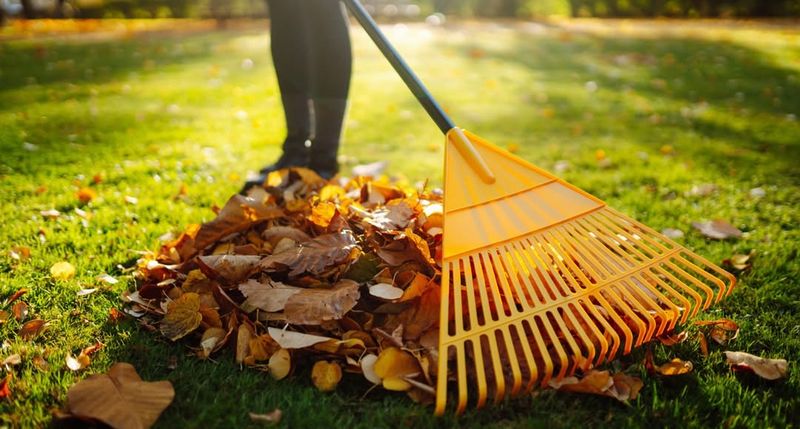
Raking leaves delivers surprising fitness benefits that many Pennsylvania gardeners appreciate. The repetitive motion works multiple muscle groups simultaneously without the intimidation factor of formal exercise routines.
Gardeners from Pittsburgh suburbs mention burning several hundred calories during an afternoon of yard cleanup. The combination of fresh air, physical movement, and visible progress offers both mental and physical health benefits during seasons when many people become more sedentary.
6. Protects Water Systems
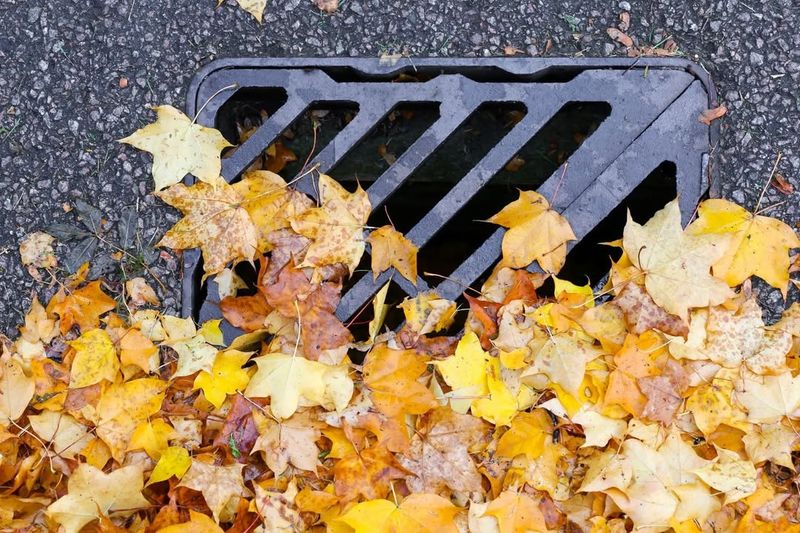
Fallen leaves that wash into storm drains create serious problems for local waterways. Pennsylvania gardeners living near creeks and rivers understand this environmental impact firsthand.
Residents of watersheds like the Susquehanna Valley actively rake to prevent leaves from clogging drainage systems. This simple act helps prevent flooding during heavy rains while keeping decomposing leaf matter from adding excess nutrients to streams and rivers that can trigger harmful algae blooms.
7. Creates Family Traditions
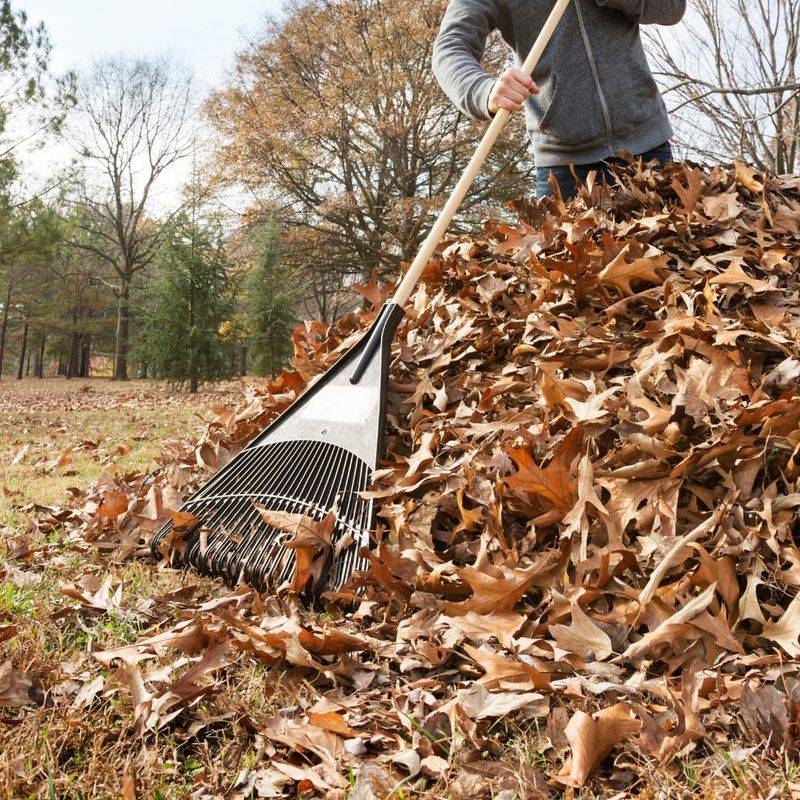
For generations, Pennsylvania families have turned leaf raking into memorable autumn traditions. Children jump in piles while parents and grandparents share stories of falls gone by.
Gardeners from the Lehigh Valley mention these yearly rituals as opportunities for connecting across generations. The simple act of working together outdoors creates lasting memories that technology-centered activities rarely match. Many families finish their raking sessions with hot apple cider and pumpkin treats, cementing the positive associations.
8. Disrupts Beneficial Insect Habitats
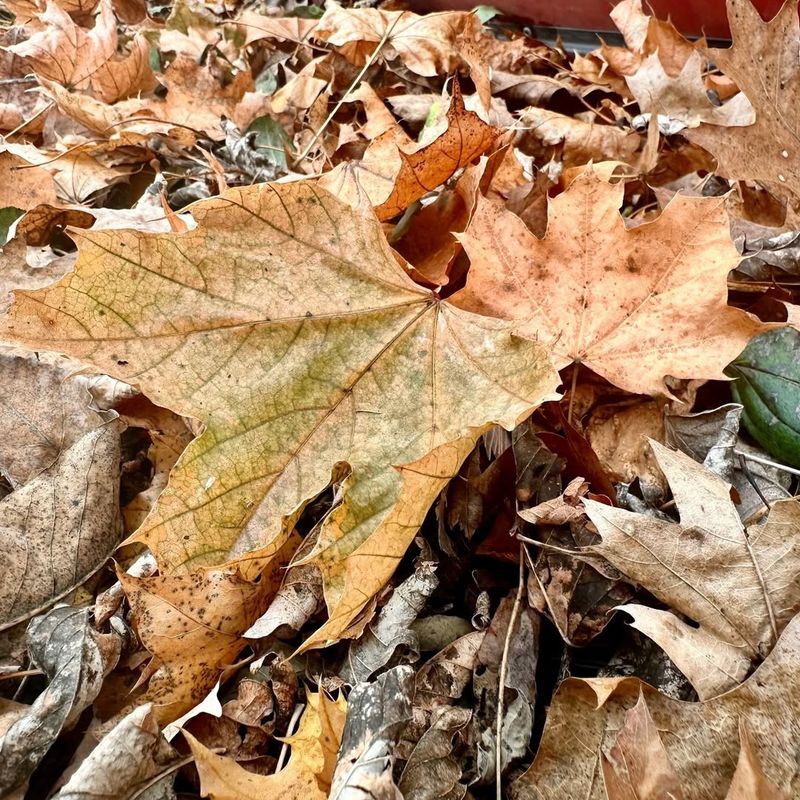
Many Pennsylvania gardeners have grown concerned about declining insect populations. Leaf litter provides essential winter habitat for beneficial creatures like native bees, butterflies, and predatory insects.
Wildlife-conscious gardeners in areas like Montgomery County now leave strategic leaf piles in certain garden areas. They’ve observed increased butterfly populations and better natural pest control in spring and summer after preserving these habitats. This ecological awareness represents a significant shift from the pristine yard standards of previous decades.
9. Requires Significant Time Investment
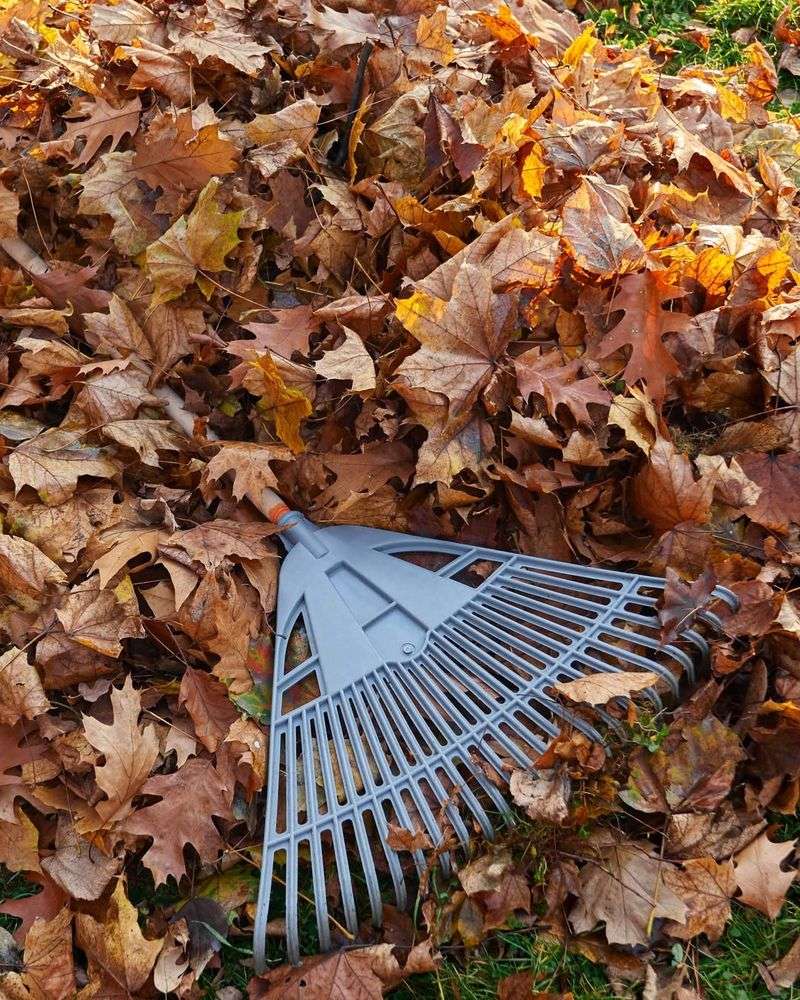
The sheer volume of leaves from mature trees can overwhelm even dedicated Pennsylvania gardeners. Properties with numerous oaks, maples or other deciduous trees may require multiple weekends of raking.
Gardeners in wooded areas of Bucks County report spending up to 20 hours each fall on leaf management. For busy families or older gardeners, this time commitment becomes increasingly difficult to justify. Many have begun questioning whether their weekends might be better spent on other activities or more creative garden projects.
10. Creates Disposal Challenges
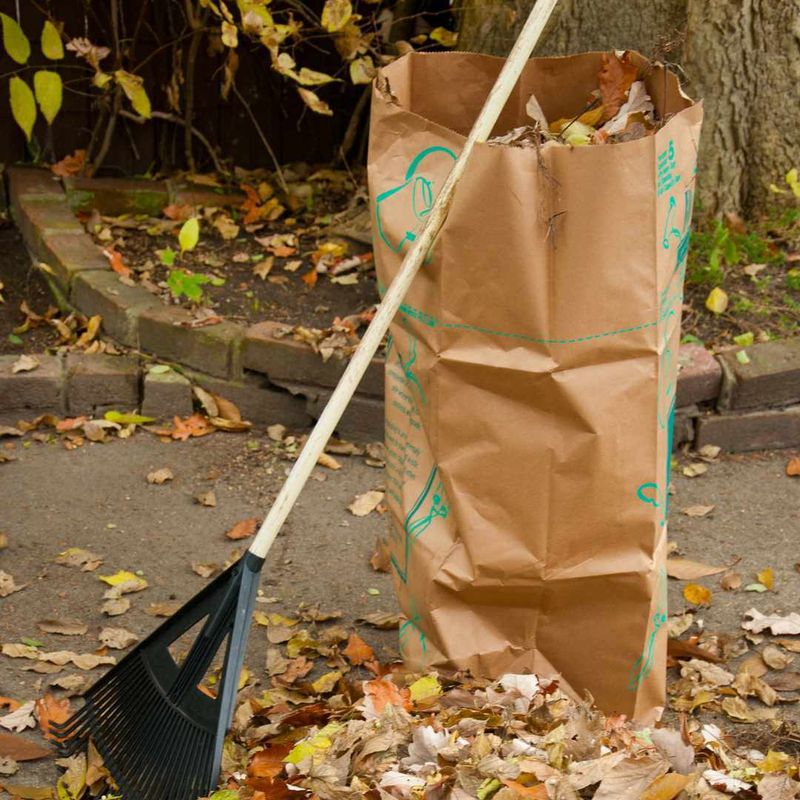
Not every Pennsylvania gardener has space for composting or mulching all their collected leaves. This creates disposal headaches that many find frustrating.
Suburban gardeners from Delaware County mention struggling with municipal restrictions on leaf disposal. Some towns require special bags or have limited collection schedules, creating storage problems. The environmental cost of plastic bags and fuel used for municipal collection further complicates what should be a simple natural process.
11. Removes Natural Soil Nutrients
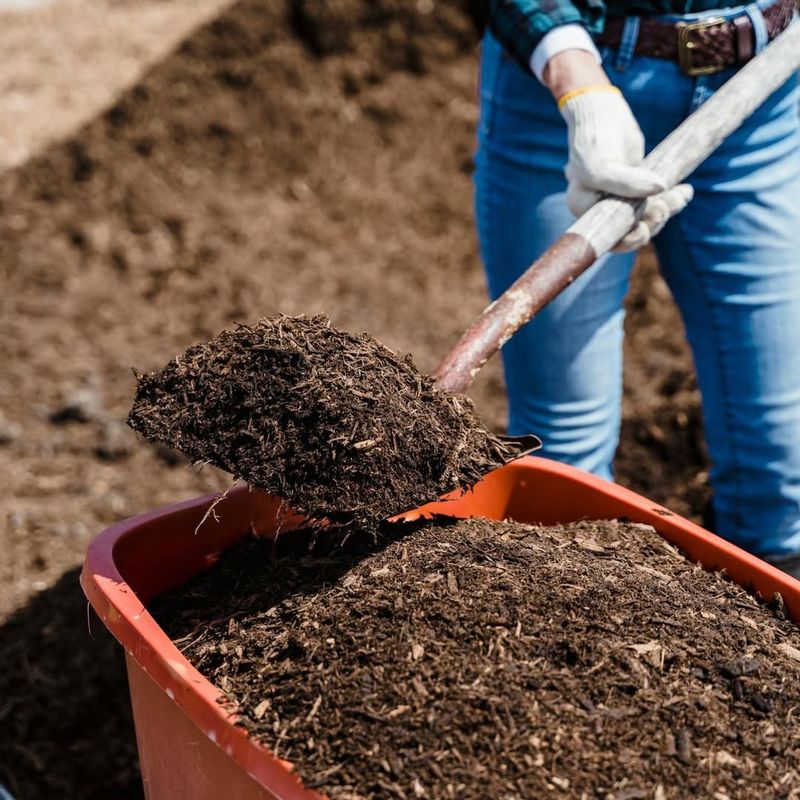
Trees have evolved for millions of years to create their own fertilization system. Pennsylvania gardeners with ecological mindsets point out that removing leaves interrupts this natural cycle.
Organic gardeners near State College have experimented with leaving leaves in place, particularly around trees and shrubs. They report improved soil quality and plant health over time, with reduced need for supplemental fertilizers. By working with natural systems rather than against them, these gardeners find themselves spending less on amendments while growing healthier plants.

